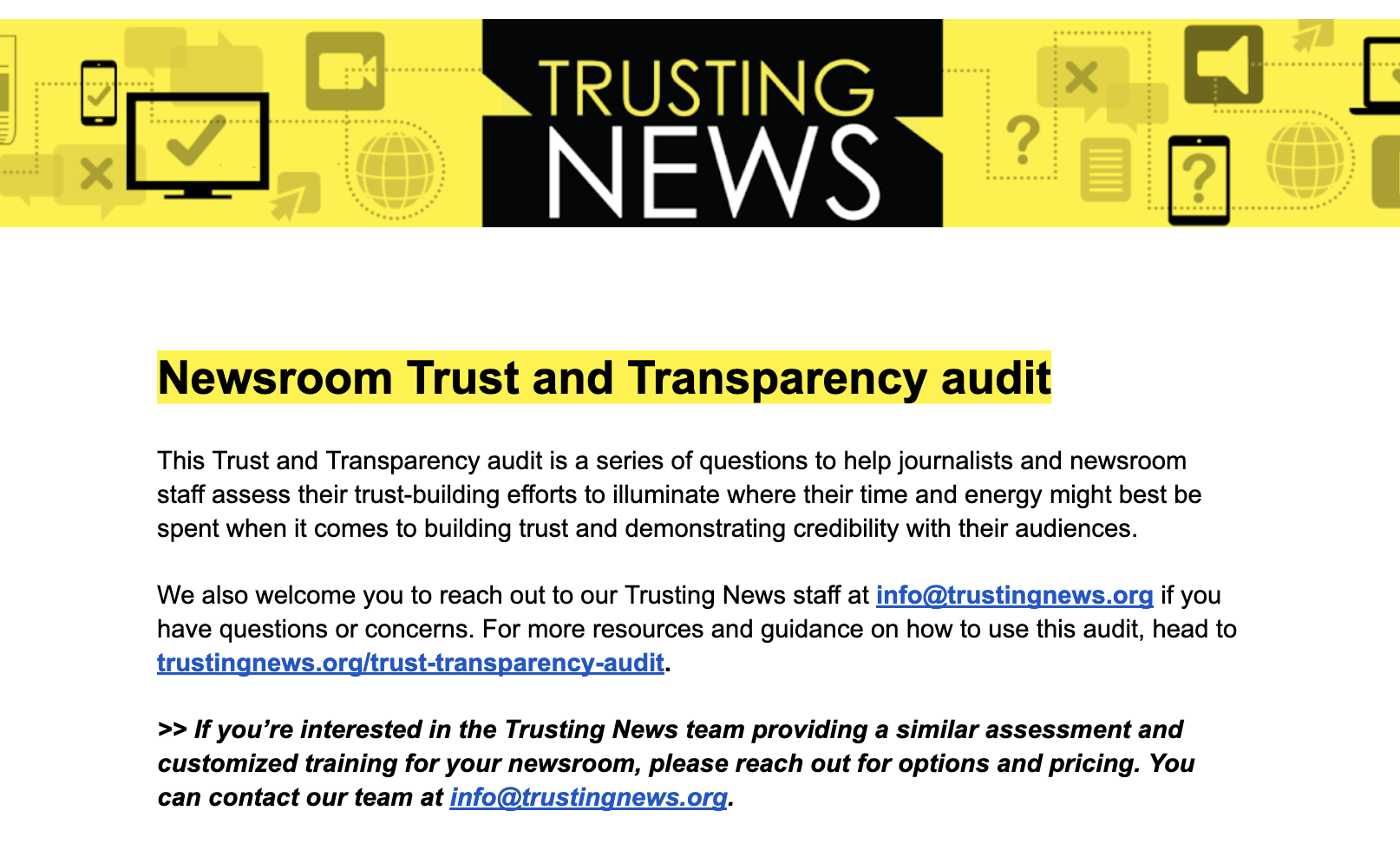
(Archdruid Report) -- Those of us who are watching the crisis of industrial society arrive on schedule take our omens where we find them, and one appeared yesterday morning in the unlikely form of an internet ad riding shotgun on a peak oil blog. The header was striking enough -– “Oil Will Hit $100!” -– or it would have been, except that one of the main benchmark grades of crude oil closed not far below $120 a barrel that evening. When the ads on your computer screen have already been left in the dust by the headlines, it’s fair to say, yesterday’s assumptions are in serious need of revision.
Meanwhile, rolling blackouts and food shortages are making life more difficult for people in many of the world’s poorer nations. Even in the United States, where instant availability of consumer products is generally considered an inalienable right, the first spot shortages of grain products have made ripples in the media. I won’t even get into the plunging real estate prices and financial implosions along the route of the slow-motion train wreck the global economy resembles so much these days. One way or another, it’s turning into a bad week for believers in an imminent return to what most people nowadays consider business as usual.
Yet there’s an irony, a rich one, in the chorus of reassurances still rising from the mainstream media across the industrial world. Like the frogs in Aesop’s fable, they praised the replacement of the boring King Log of New Deal economic regulations and Seventies energy-efficiency standards by the far more exciting King Stork of the unfettered market, only to find that too much excitement in the economic sphere has its downside; their attempt to return to a free market succeeded mostly in kickstarting a recurrence of the cycle of disastrous depressions that reached its crescendo in 1929 and bringing about a recurrence of the energy crises of the 1970s, but on a larger scale. Before you decide to return to business as usual, in other words, it’s useful to have some sense of what business as usual actually is.
We are arguably facing a much more threatening example of the same phenomenon right now, as the fuel gauge on the world’s oil, coal, and natural gas supplies moves visibly in the direction of that unwelcome letter E. For the last three centuries or so, a steadily increasing flow of cheap abundant fossil fuel energy has driven the growth of industrial societies across much of the world. For the last century, since petroleum replaced coal as industrial civilization’s prime mover, and widespread electrification made it possible to apply fossil fuels at second hand to most business and domestic energy needs, most of the work done in the industrial world has been done by machines powered directly or indirectly by fossil fuels.
more
READ MORE: Archdruid Report











